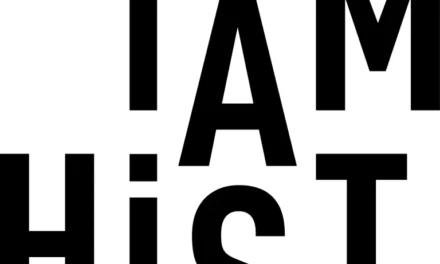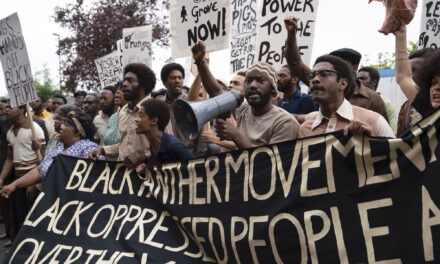Television as a popular media form is now competing with other media, such as web, social network sites, video games, comics and manga and mobile communication forms. These cultural changes are influencing different television genres, including soap operas and other serial narratives. There is a strong relationship between the nature of storylines and how they are told and the success of a serial narratives or soap operas or how they are received by the audience. Understanding the reasons behind the genre’s popularity or decline in some cases is important to determine its future directions.
The many intriguing intersections and overlappings of past, present, and future of serial narratives and soap operas lack the scholarly attention they deserve. We invite papers that would reflect on the past, present, future of seriality, television serial narrative, and soap opera.
We invite proposals for papers for a special dossier on soaps/serial narrative research for the Journal of Popular Television. Please send your abstracts and a short bio to Ahmet Atay at aatay@wooster.edu and Kristyn Gorton at kristyn.gorton@york.ac.uk by 31st January, 2018.





